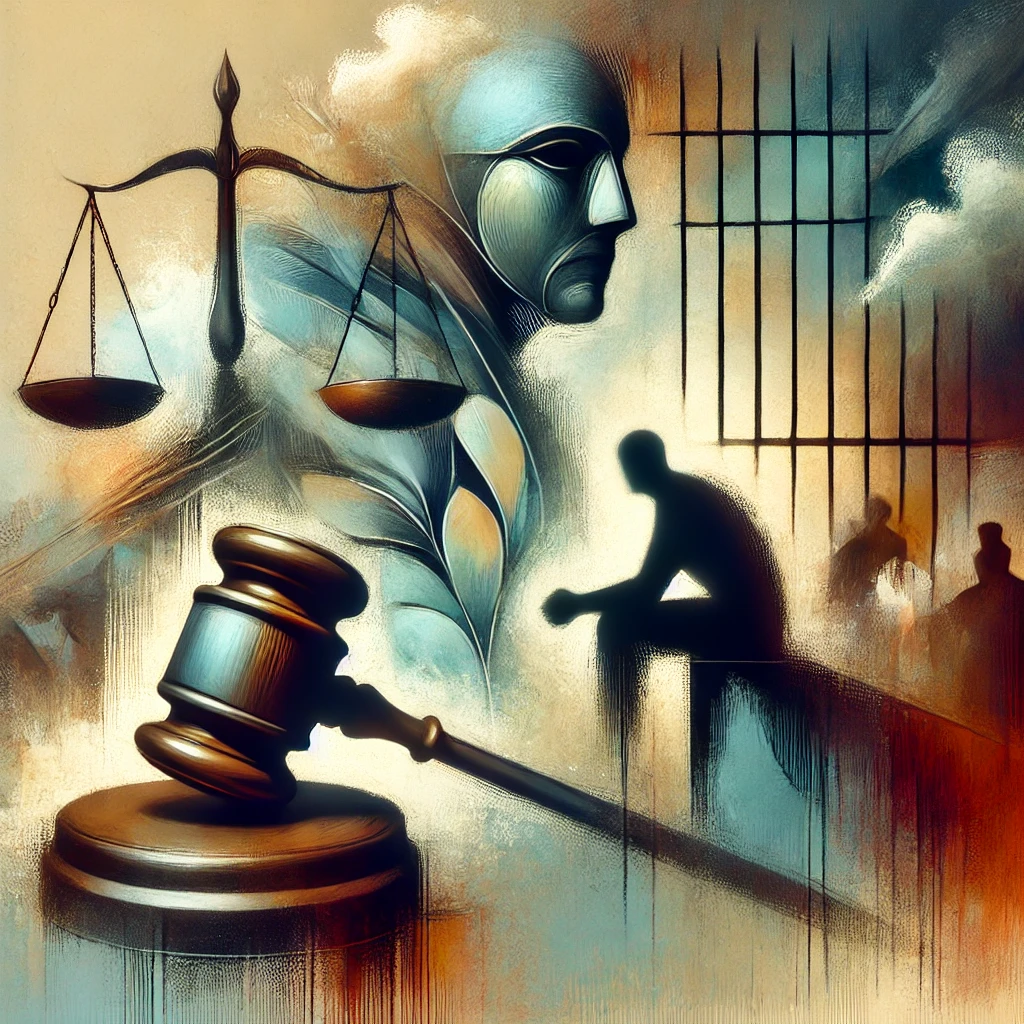Facing your first court appearance can be a daunting experience, especially if you’re unfamiliar with the legal process. In this article, I will guide you through what to expect so that you feel more prepared and confident. Here’s a breakdown of what typically happens during a first court appearance and some tips to help you navigate this important step in your case.
Understanding Your First Court Appearance
Your first court appearance, often called an arraignment or initial appearance, is a crucial step in the criminal justice process. During this appearance, several key things will happen:
1. Charges Read Against You
The judge will read the formal charges filed against you. This is to ensure you understand what you’re being accused of. It’s important to listen carefully and take note of the specific charges.
2. Entering a Plea
Although everyone has the right to plead however they wish (i.e. guilty, not guilty, or no contest) typically the Court will enter a plea of not guilty for all the defendants. This is because the case only proceeds on a not guilty plea. If the defendant pleads guilty at the initial appearance, they do so without the benefit of consulting with an attorney or of reviewing the evidence the state claims to have against them. There is practically no reason for a defendant to plead guilty at the initial appearance. For more on this, check out my blog post titled “Why do people plead not guilty when they ‘obviously’ did it?”
The three types of pleas are:
– Guilty: admitting to the crime.
– Not Guilty: Denying the crime and exercising the right to have the state prove its case beyond a reasonable doubt.
– No Contest (Nolo Contendere): Not admitting guilt but accepting the court’s punishment. Basically, acknowledging that the state will be able to prove its case beyond a reasonable doubt but still maintain one’s innocence. In Arizona, the prosecution has to consent to the defendant pleading no contest.
3. Bail and Release Conditions
The most impactful thing that happens at the initial appearance is the determination of the defendant’s conditions of release. The Court is required to set conditions of release designed to (1) ensure the defendant’s presence at future court hearings (i.e. that the defendant is not a flight risk) and (2) protect the safety of the community. Typically, the judge will decide to set bail. Bail is a financial guarantee that you will return for future court appearances. The judge may also set conditions for your release, such as no contact orders, travel restrictions, or regular check-ins with a pretrial services officer.
4. Scheduling Future Court Dates
Future court dates will be scheduled, including preliminary hearings, pretrial conferences, or trial dates. It’s crucial to keep track of these dates and ensure you attend all required appearances. Depending on the court that your case is in, your attorney may be able to go to your court appearances in your place.
How to Prepare for Your First Court Appearance
1. Hire a Criminal Defense Attorney
One of the most important steps you can take is to hire an experienced criminal defense attorney. Your attorney will provide guidance, represent your interests, and help you navigate the legal process. It is invaluable to have an objective perspective on one’s case. A lawyer is the way to ensure this.
2. Understand Your Charges
Make sure you fully understand the charges against you. Ask your attorney to explain any legal terms or concepts that are unclear.
3. Dress Appropriately
Court is a formal setting, and it’s important to dress appropriately. Wear business or business-casual attire to show respect for the court. For better or for worse, it makes a big difference how one is dressed in terms of how the different players in the courthouse treat you.
4. Arrive Early
Plan to arrive at the courthouse early. This will give you time to find parking, locate the correct courtroom, and compose yourself before the hearing begins.
5. Be Respectful and Polite
Always address the judge and court staff with respect. Stand when speaking to the judge and follow court protocols as instructed.
6. Prepare Any Required Documents
Bring any necessary documents with you, such as identification, bail receipts, or paperwork from your attorney. Having these documents ready can help streamline the process.
What Happens After Your First Court Appearance?
After your initial appearance, the legal process will continue with subsequent court dates and proceedings. Your attorney will guide you through each step, helping you build a defense strategy and prepare for future hearings.
Staying Informed and Involved
Stay informed about your case by regularly communicating with your attorney. Ask questions, review documents, and stay engaged in the process. The more informed and involved you are, the better prepared you’ll be for each step in your case.
Conclusion
Your first court appearance is a critical moment in your legal journey. By understanding what to expect and how to prepare, you can approach this step with greater confidence. Remember, having an experienced criminal defense attorney by your side can make all the difference in navigating the complexities of the legal system.
If you have any questions or need legal assistance, don’t hesitate to contact my office. You deserve an attorney who will treat you with the respect and dignity that you deserve and ensure the same from the system. Schedule a consultation with me today.

